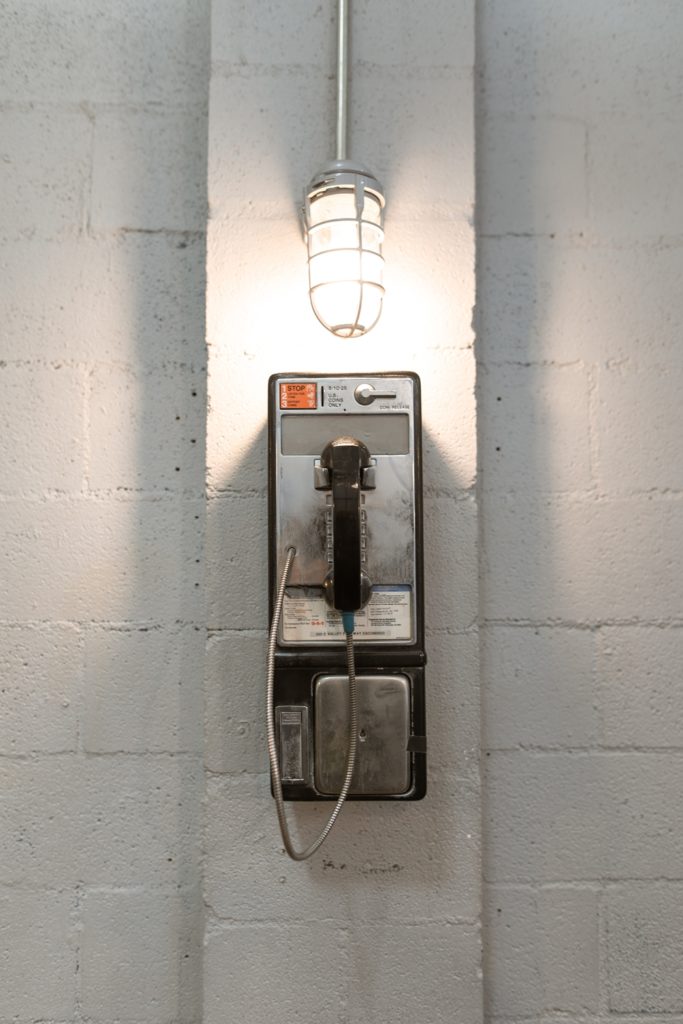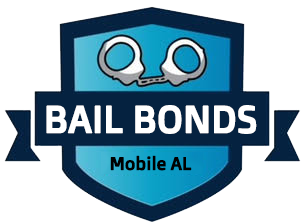
We have all seen some movie or tv show in which a character gets arrested and while sometimes it is quite obvious that the protocol presented is greatly fiction, there are small stereotypes here and there that are so consistent throughout media that people start to take it as truth. In order to debunk some of these misconceptions, here is a list of the most common:
You only get one phone call
It has been widely portrayed in television and film that when you get arrested, you only get one phone call to hopefully reach someone to bail you out. This is actually untrue. While you do need to wait until you are booked to get access to the phones and you are allowed one free call, you can actually make as many calls as you need to. However, the one big caveat to this is that the calls are collect and the person receiving the call has to accept all charges.
You will automatically get a public defender
In any show where law enforcement is reading someone the Miranda rights, they will say “You have the right to an attorney. If you do not have an attorney, one will be provided for you.” This phrase is actually said in real life as well but it’s not completely true. If you can’t afford a lawyer, you are able to apply for a public defender. With this application, they will look at your income bracket and resources to determine if you are really in need of services and from there they can either assign you a public defender at no cost, at a subsidized cost or decline the application altogether. If this happens, people may try to get an attorney who will work pro bono or may not have any other choice but to defend themselves.
Bail denials happen often
While judges do at times decline the option of bail, it is actually pretty rare. For most people who face arrest, it is for lesser crimes such as misdemeanors or minor first-time offenses. With these types of charges, there is little reason for a judge to deny bond and in fact, they may actually offer personal recognizance where the defendant won’t have to post bond at all. The only real times a judge will most likely decline bond is with very severe charges such as terrorism or murder. Really most instances where there could be a case to be made that the defendant is a threat to society. The other instance where a bond may not be offered is if the charges are severe and the defendant has unlimited resources but even then in many cases, the bond will just be set to an incredibly high cost.
You can get bailed out at all hours
We have all seen a show where the main character is in jail and their best friend or family member comes and bails them out at like two o’clock in the morning. This happens so often that most would assume you can be released at any time, but in reality, if you are arrested late at night, you still have to have a bond hearing and will probably have to wait for the paperwork to clear in the morning in order to be released.
In conclusion, although they are just small myths here and there if a person gets arrested expecting these things to be real, they may be in for a very different and surprising experience.



